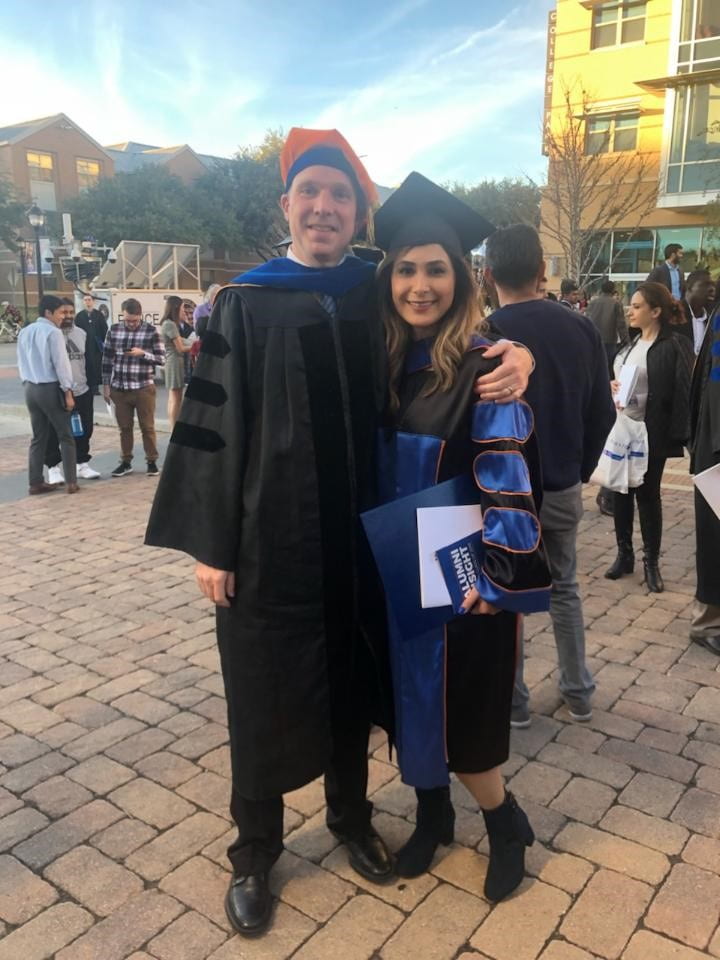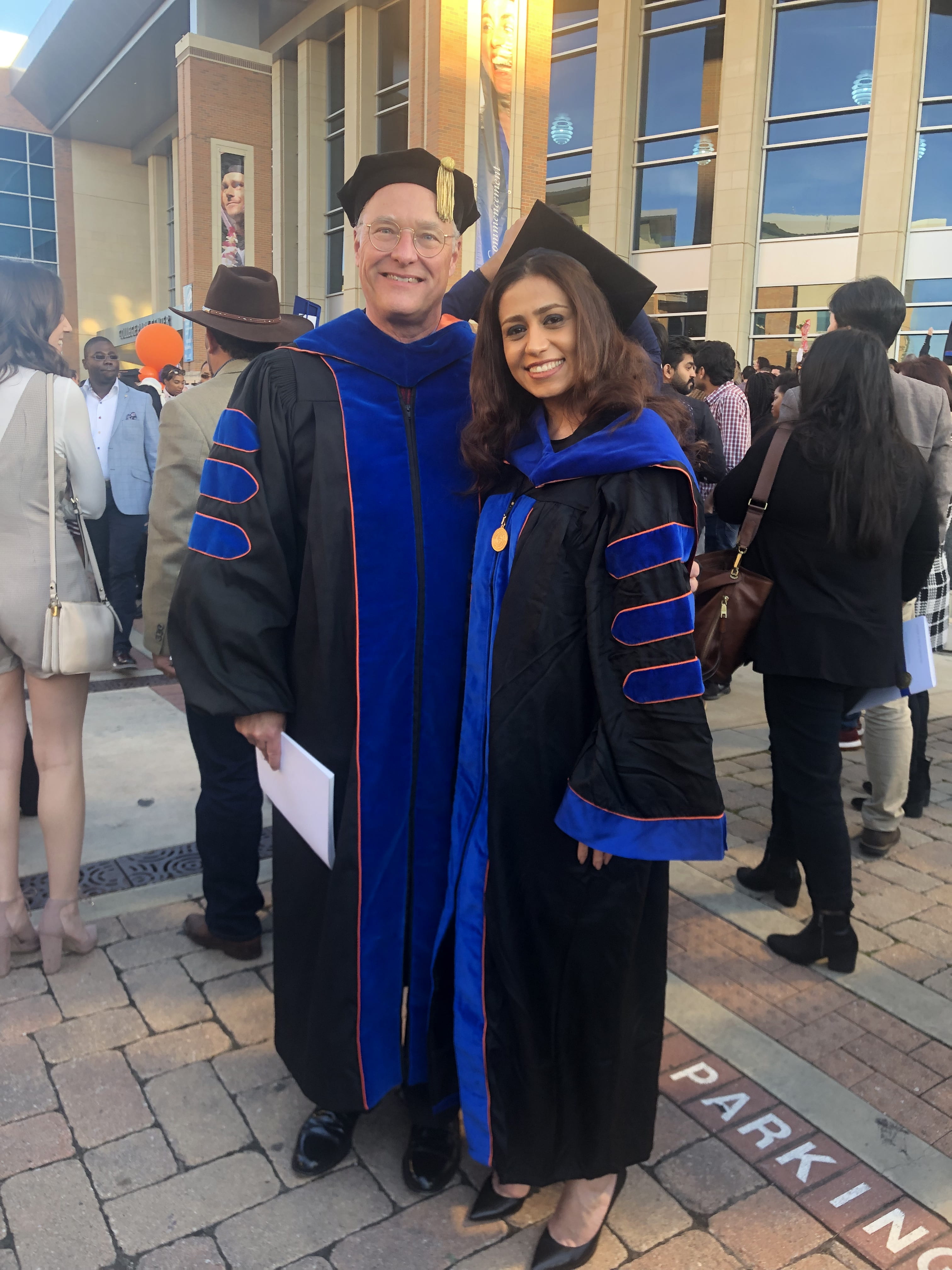
The IMSE seminar is returning the Monday after Thanksgiving. Specifically, our own Ph.D. student Nahal Sakhavand is giving her dissertation defense as a seminar at noon on Monday, November 30 on Microsoft Teams. Information and a link to Ms. Sakhavand’s presentation are below.
All students and faculty are encouraged to attend.
Title: New Algorithms for Stochastic Power Systems Planning and Operations Problems
Presenter: Nahal Sakhavand
Date: Monday, November 30, 2020
Time: noon
Teams Info:
Join on your computer or mobile app
Click here to join the meeting
Or call in (audio only)
+1 817-502-2418,,608465888# United States, Fort Worth
Phone Conference ID: 608 465 888#
Abstract: In this paper, we present a two-stage stochastic programming and simulation-based framework for tackling large-scale planning and operational problems that arise in power systems with significant renewable generation. Traditional algorithms such as the L-shaped method used to solve the sample average approximation of the true problem suffer from computational difficulties when the number of scenarios or the size of the subproblem increases. To address this, we summarize a cutting plane method that uses sampling internally within optimization to select only a random subset of subproblems to solve in any iteration. In addition, we present a demonstration of the design and analysis of computer experiments approach (DACE) to the stochastic unit commitment-economic dispatch problem. We use a multivariate adaptive regression splines algorithm to approximate the second stage of the problem with an endeavor to provide more computationally tractable solutions over the traditional L-shaped method. We conduct the experiments on a modified IEEE118 test system and assess the quality of the solutions obtained from both the DACE and L-shaped method in a replicated procedure. The results obtained from this approach attest to the significant improvement in the computational performance over the L-shaped method.
Biographical Sketch: Nahal Sakhavand is a Ph.D. candidate in the Industrial, Manufacturing, and Systems Engineering department at UTA. She received her M.S. in Operations Research from SMU and in Industrial Engineering from UTA. She holds a B.S in Applied Mathematics from the National University of Iran and in Industrial Engineering from the University of Tehran North branch. Her research interests are in large-scale stochastic optimization, data analytics, statistical modeling, and their applications.



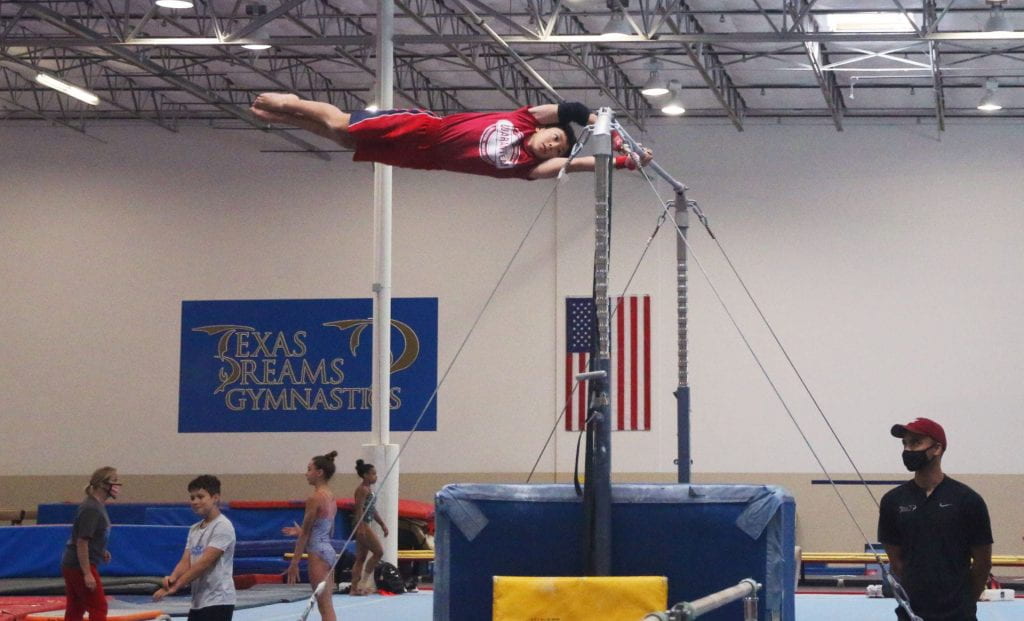
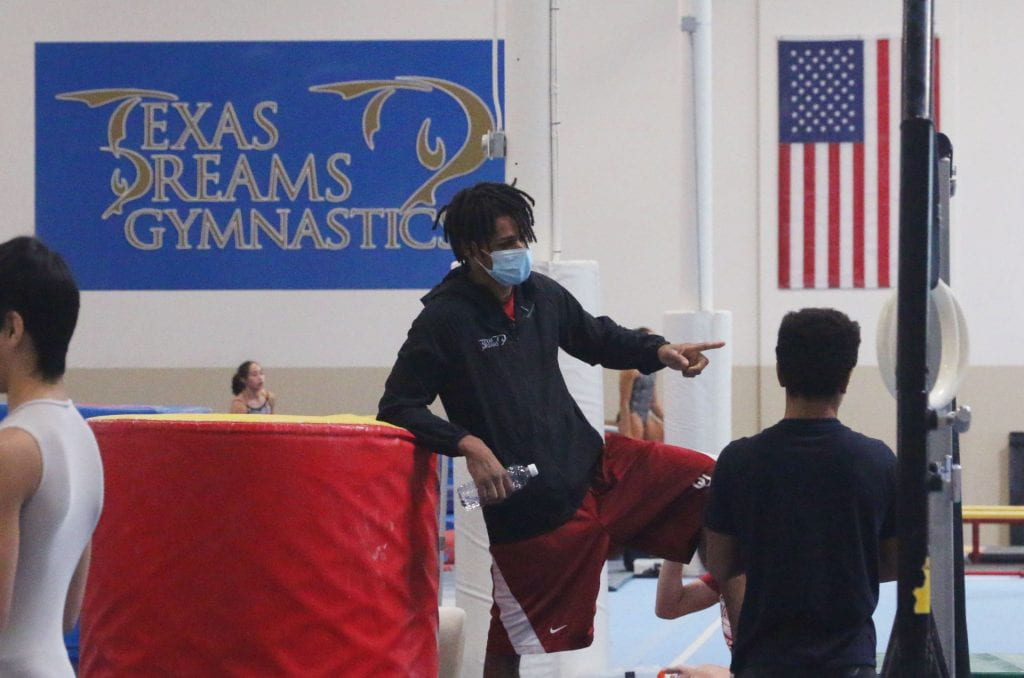


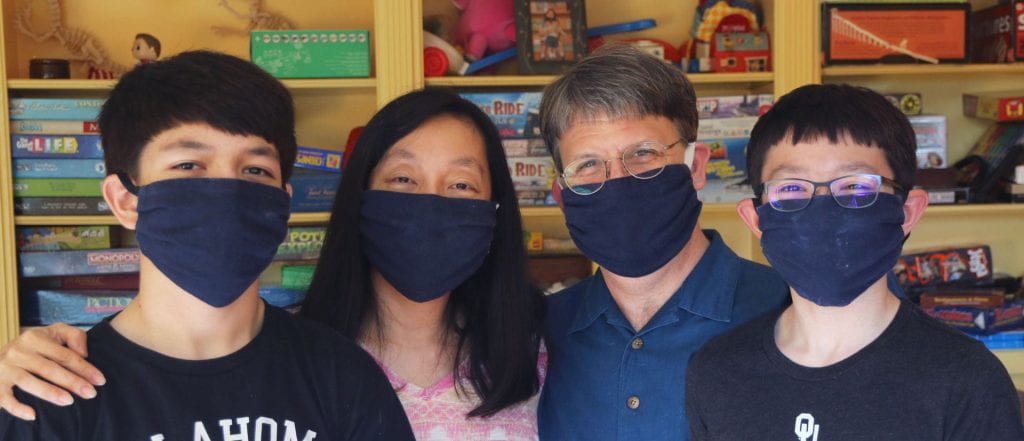
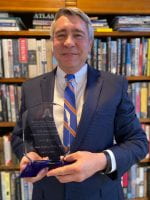
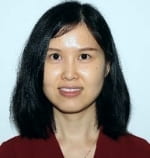 Our own Dr. Yuan Zhou will present at the IMSE seminar on Monday, April 29, 2019 at 1:00pm in Nedderman Hall, Room 105. Please note that this seminar is in the usual room, but we are moving the time up 15 minutes to accommodate faculty schedules. Dr. Zhou’s presentation title, abstract, and biographical sketch are below.
Our own Dr. Yuan Zhou will present at the IMSE seminar on Monday, April 29, 2019 at 1:00pm in Nedderman Hall, Room 105. Please note that this seminar is in the usual room, but we are moving the time up 15 minutes to accommodate faculty schedules. Dr. Zhou’s presentation title, abstract, and biographical sketch are below.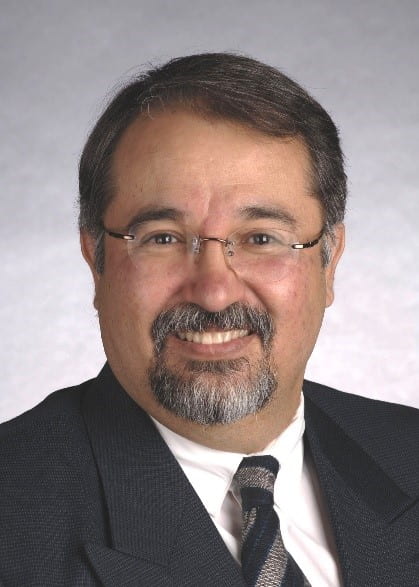 namics and its Role in Industrial & Engineering Management Research: A look at Minsky’s Financial Instability Hypothesis & Technology Diffusion Curves
namics and its Role in Industrial & Engineering Management Research: A look at Minsky’s Financial Instability Hypothesis & Technology Diffusion Curves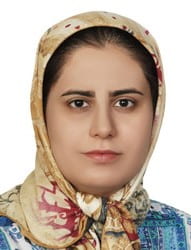 Assistant Professor Leili Shahriyari from the Department of Mathematics will present at the IMSE seminar on today, April 15, 2019 at 1:15pm in Nedderman Hall, Room 105. Dr. Shahriyari’s presentation title, abstract, and biographical sketch are below.
Assistant Professor Leili Shahriyari from the Department of Mathematics will present at the IMSE seminar on today, April 15, 2019 at 1:15pm in Nedderman Hall, Room 105. Dr. Shahriyari’s presentation title, abstract, and biographical sketch are below. Dr. Zeyi Sun from the Department of Engineering Management and Systems Engineering from Missouri University of Science and Technology will present at the IMSE seminar on Monday, March 25, 2019 at 1:15pm in Nedderman Hall, Room 105. Dr. Sun’s presentation title, abstract, and biographical sketch are below
Dr. Zeyi Sun from the Department of Engineering Management and Systems Engineering from Missouri University of Science and Technology will present at the IMSE seminar on Monday, March 25, 2019 at 1:15pm in Nedderman Hall, Room 105. Dr. Sun’s presentation title, abstract, and biographical sketch are below